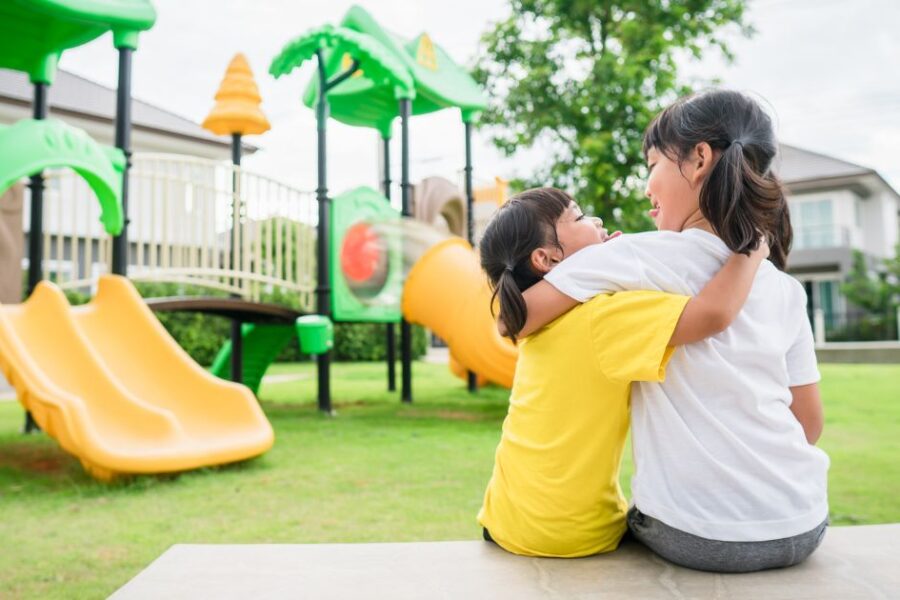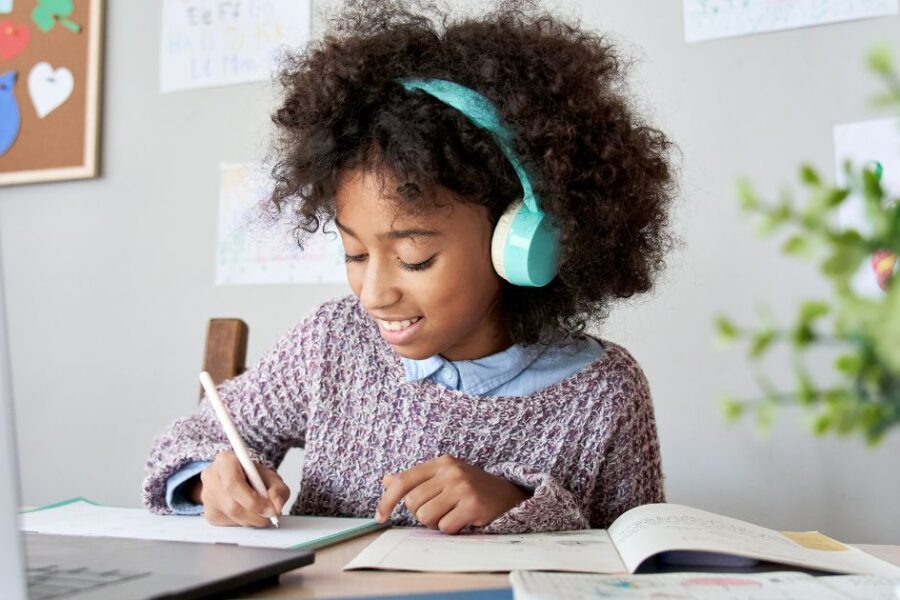In the timeless wisdom of the Stoics, particularly the teachings of Marcus Aurelius, we find profound insights that resonate deeply with our role as parents. Today, let us explore a core virtue—one that stands as a cornerstone of Stoic philosophy and an invaluable lesson we can impart to our children: kindness towards others.
“The best way to avenge yourself is to not be like that.” – Marcus Aurelius
Teaching our children about kindness is not merely about fostering good manners; it is about nurturing their character. As Marcus Aurelius wisely observed, revenge and resentment have no place in the heart of a Stoic. We aim to guide our children towards rising above these base reactions, showing them that true strength lies in treating others with compassion, even when faced with challenges.
“Waste no more time arguing about what a good man should be. Be one.” – Marcus Aurelius
In our quest to raise virtuous children, we often engage in discussions about what makes a person “good.” However, the Stoics encourage us to help our children embody goodness through their actions. Encouraging kindness is not just a lesson in theory; it is an opportunity to show our children how to be good people through their daily choices and interactions.
“You have power over your mind—not outside events. Realize this, and you will find strength.” – Marcus Aurelius
Kindness is not a sign of weakness, but rather a testament to inner strength. It is the understanding that our thoughts and actions are within our control, even when external circumstances are not. By teaching our children to choose kindness in the face of adversity or unkindness, we empower them to shape their own character.
“Waste not the remainder of your life in thoughts about others when you do not refer your thoughts to some object of common utility. For you lose the opportunity of doing something else when you have such thoughts as these.” – Marcus Aurelius
Encouraging our children to harbor unkind thoughts about others is a missed opportunity for growth. Instead, let us guide them to channel their mental energy into actions that not only benefit themselves but also contribute to the greater good. By practicing kindness, our children can become agents of positive change.
“When you arise in the morning, think of what a precious privilege it is to be alive—to breathe, to think, to enjoy, to love.” – Marcus Aurelius
As we teach our children the importance of kindness towards others, let us also extend this virtue to themselves. Stoicism reminds us of the privilege of existence and the beauty of each new day. Encourage your children to practice kindness towards themselves, for by nurturing their well-being, they become better equipped to uplift those around them.
In closing, remember that as parents, we play a vital role in shaping the character of our children. Kindness is not a passive virtue but an active force that can transform their lives and the world around them. Let us strive to instill this invaluable lesson in our children, nurturing their growth as compassionate, virtuous individuals.









Leave a Comment